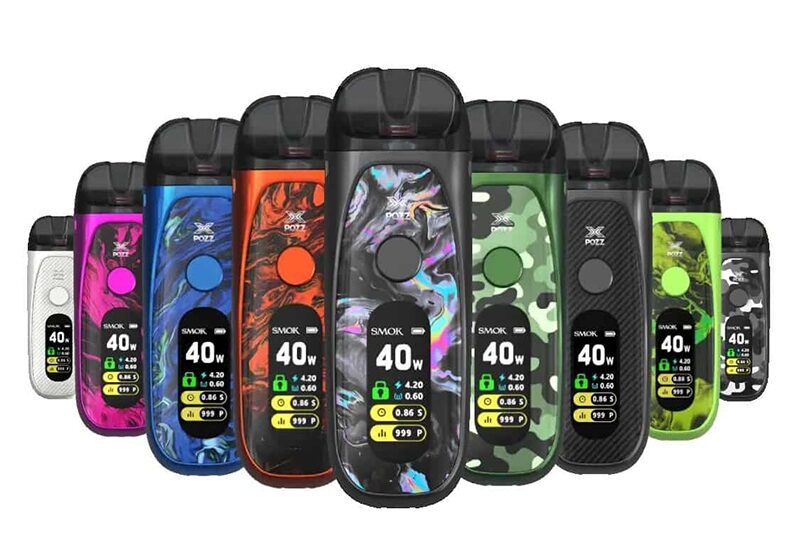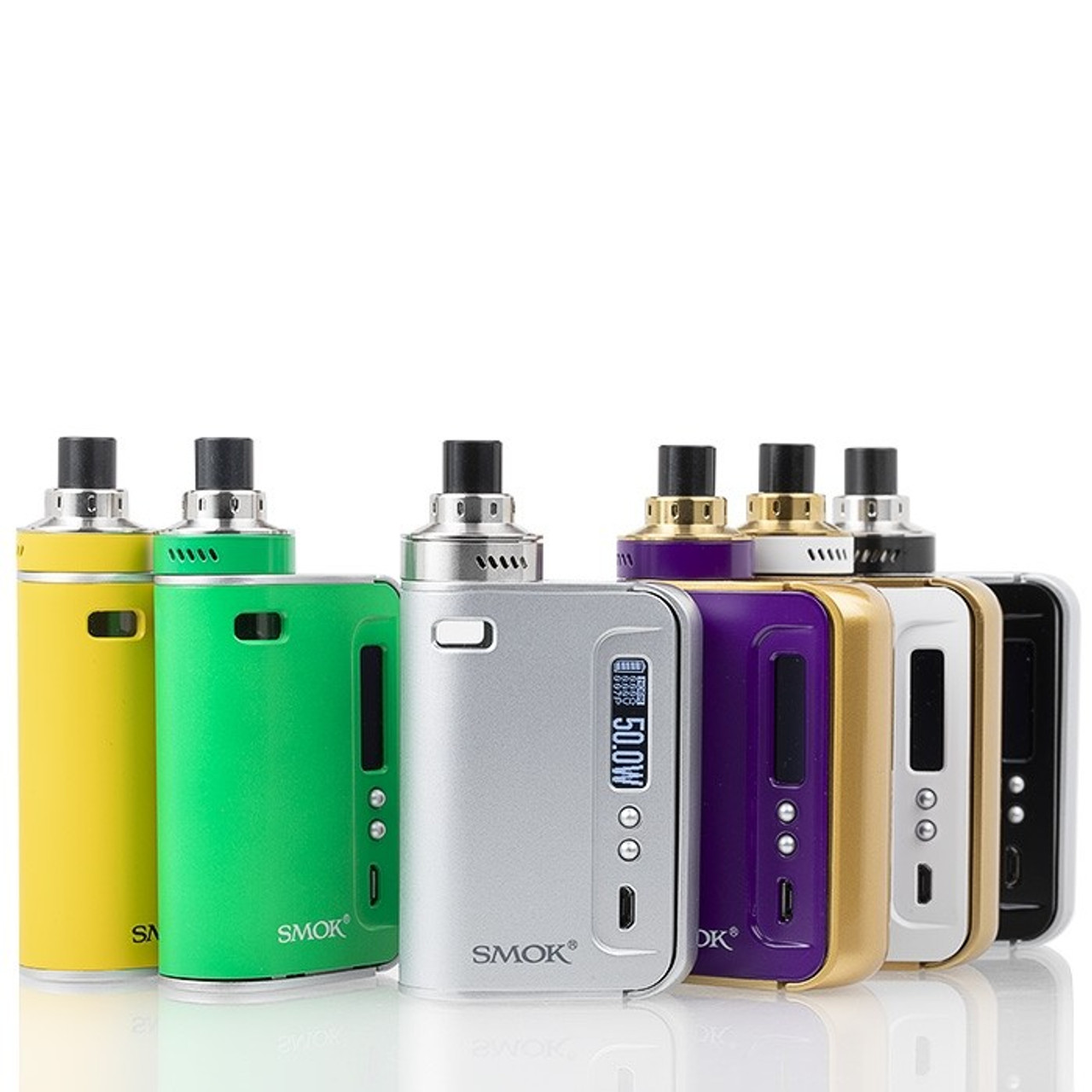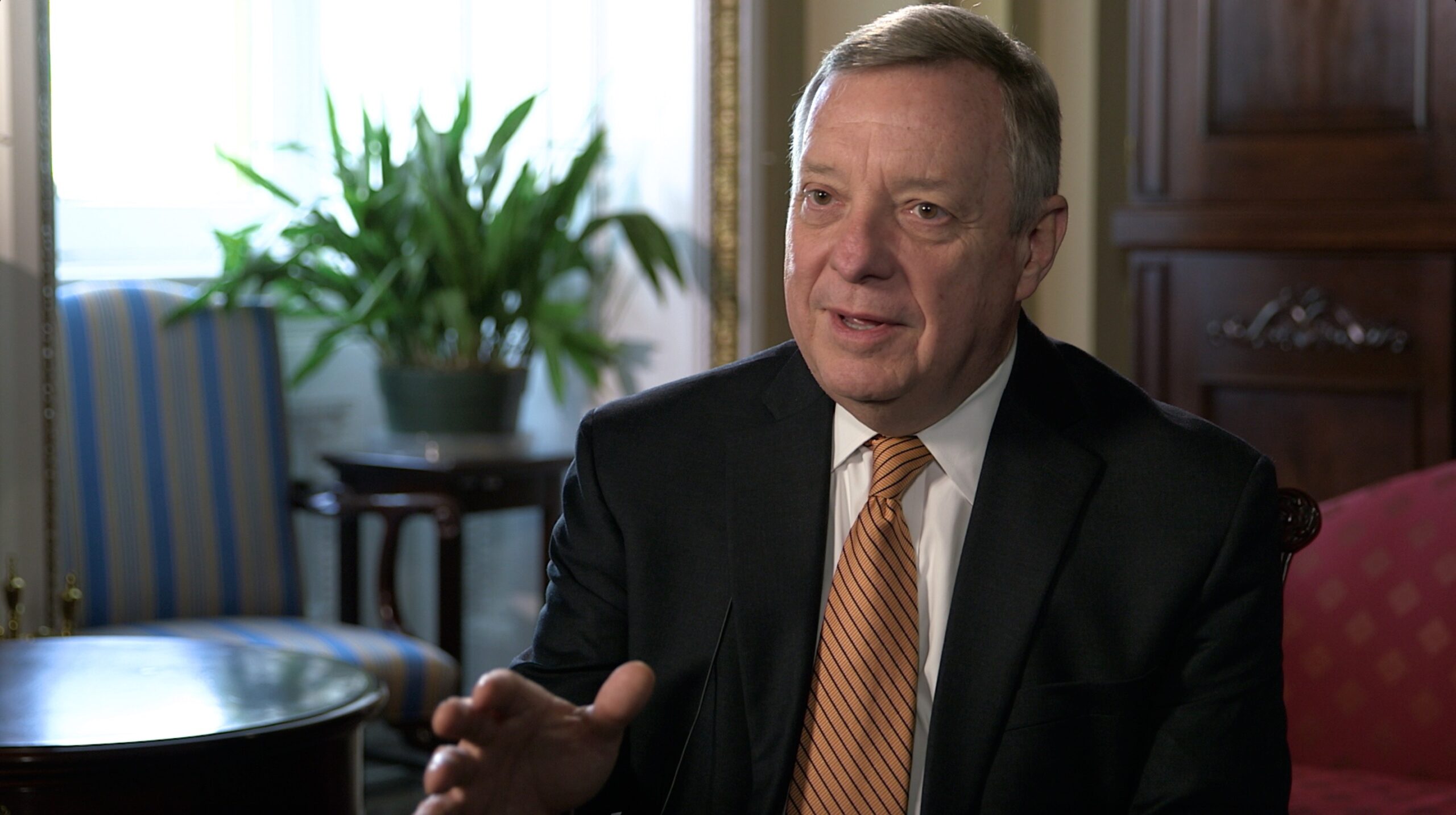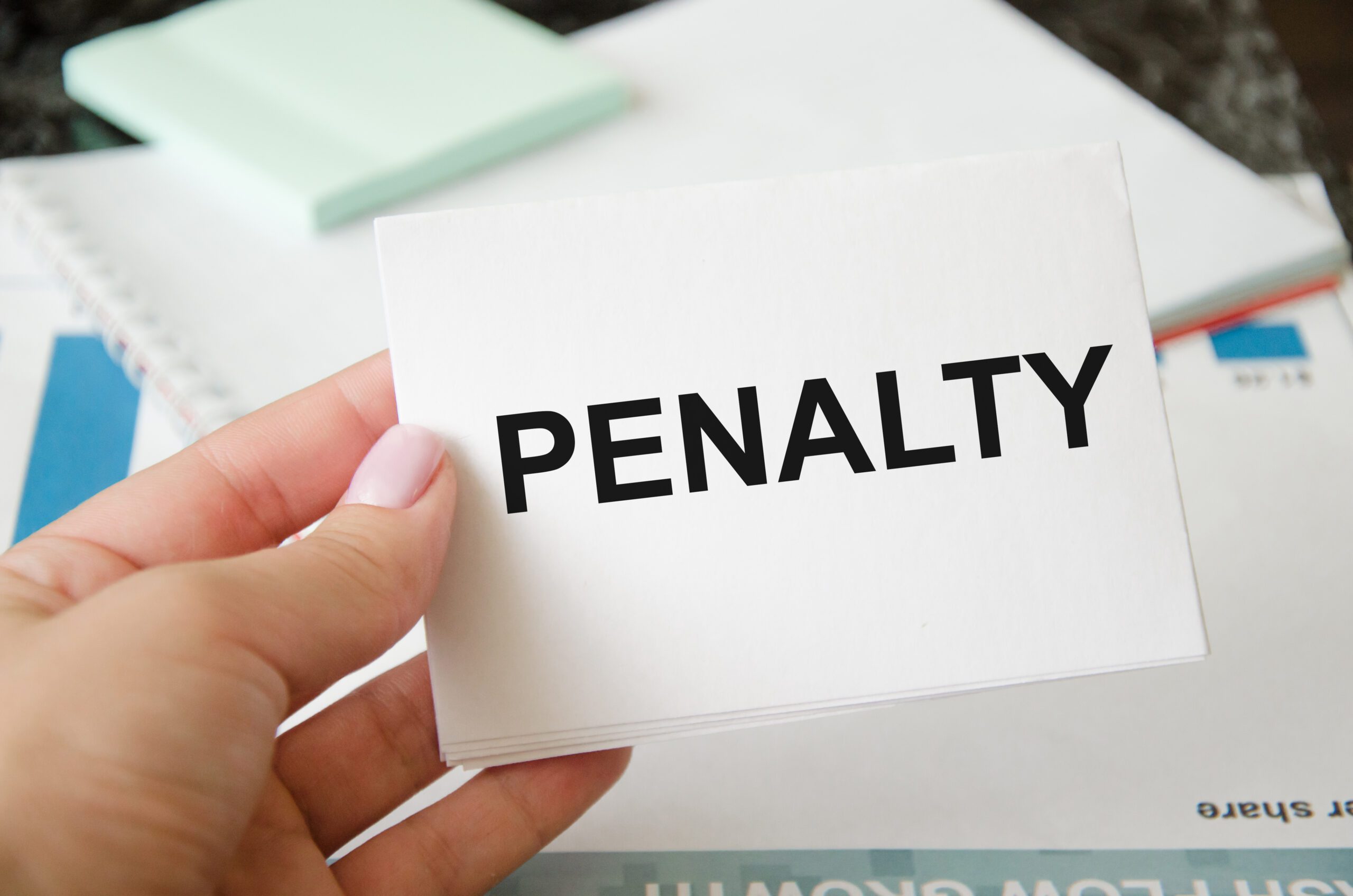
The U.S. Food and Drug Administration has issued complaints for civil money penalties (CMPs) against 21 brick-and-mortar retailers for selling unauthorized Esco Bars e-cigarettes.
In a press release, the agency stated that it had previously issued each retailer a warning letter for their sale of unauthorized tobacco products. However, follow-up inspections revealed that the retailers had failed to correct the violations.
The agency now seeks the maximum penalty of $20,678 from each retailer.
The complaints announced today represent the first set of CMPs FDA has filed for the sale of unauthorized Esco Bars e-cigarettes. “These retailers were duly warned of what could happen if they continued selling these unauthorized e-cigarettes,” said Brian King, director of the FDA’s Center for Tobacco Products (CTP). “They should have acted responsibly to correct the violations, but they chose not to do so and now must face the consequences of that decision. FDA won’t sit back and tolerate inaction to comply with the law.”
Currently, $20,678 is the maximum civil money penalty amount FDA can seek for a single violation from each retailer, consistent with similar CMPs sought against retailers for the sale of unauthorized Elf Bar products in Sept., Nov., and Dec. of 2023.
The retailers can pay the penalty, enter into a settlement agreement based on mitigation factors, request an extension of time to file an answer to the complaint, or file an answer and request a hearing. Retailers that do not take action within 30 days after receiving a complaint risk a default order imposing the full penalty amount, according to the release.
“Today’s CMP actions are just the latest in the continued, comprehensive push by FDA to take action across the supply chain to remove unauthorized e-cigarettes, particularly those that are popular among youth, from the marketplace,” the release states. “As of Jan. 30, 2024, FDA has issued more than 440 warning letters and 88 CMPs to retailers, including brick and mortar and online retailers, for selling unauthorized tobacco products.
“In addition to actions involving retailers, FDA has issued more than 660 warning letters to firms for illegally manufacturing and/or distributing unauthorized new tobacco products, including e-cigarettes.
“The agency has also filed civil money penalty complaints against 48 e-cigarette firms for manufacturing unauthorized products and sought injunctions in coordination with the U.S. Department of Justice against seven manufacturers of unauthorized e-cigarette products.”



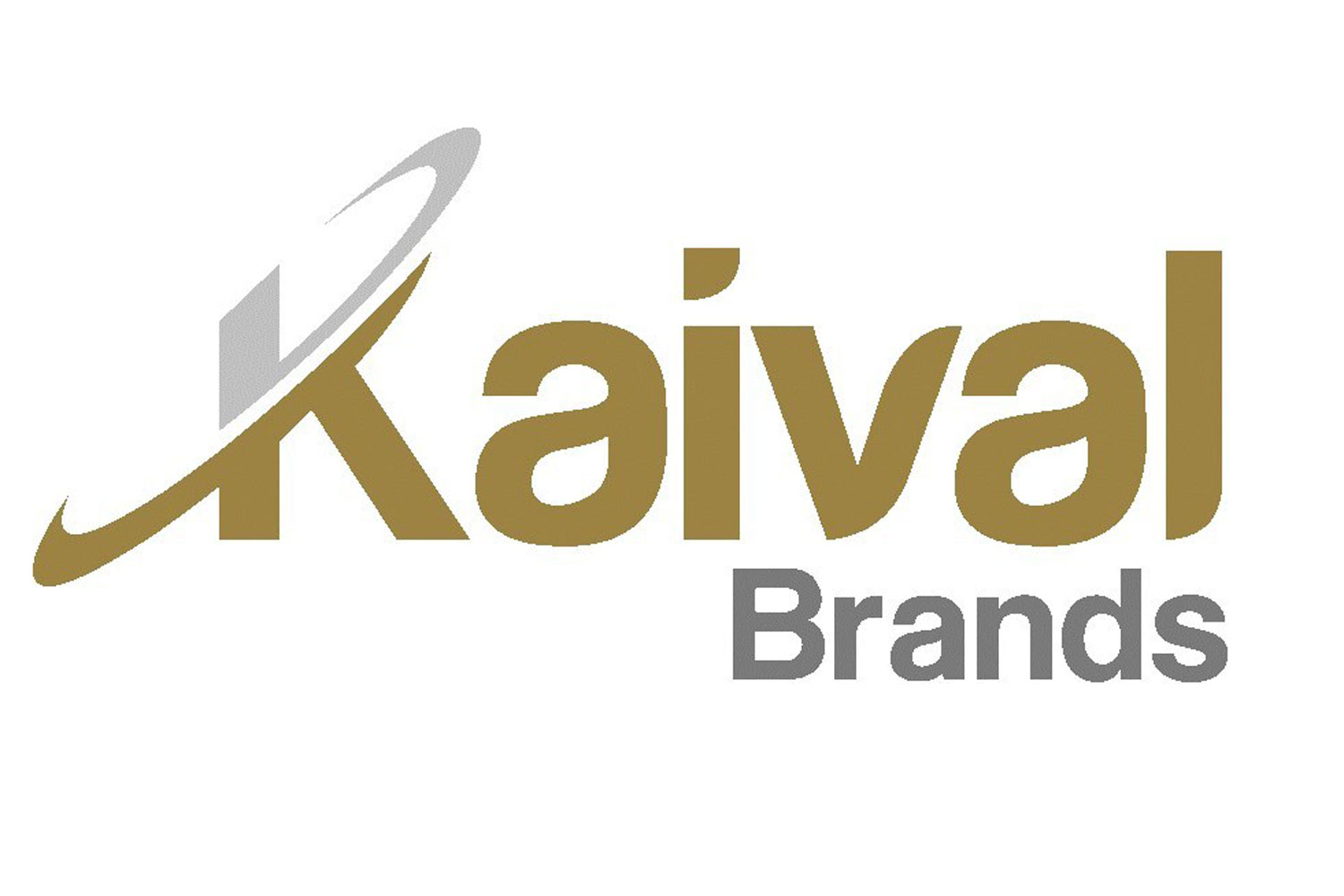
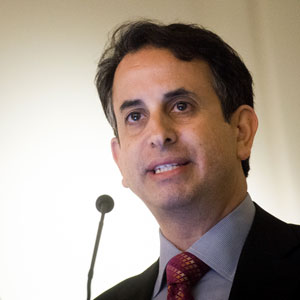
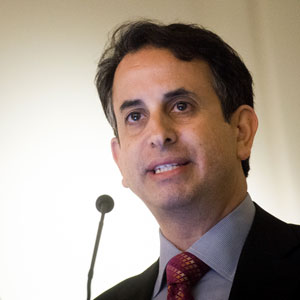
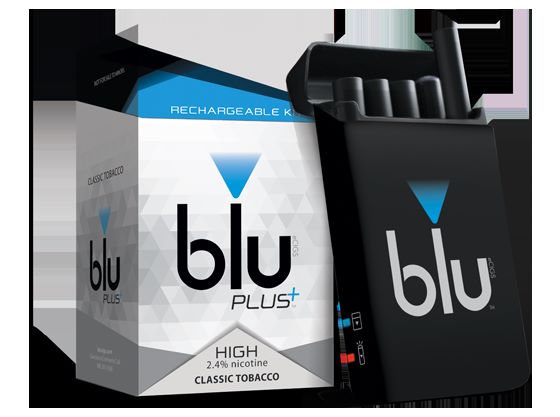

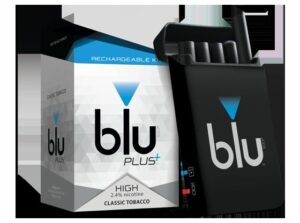 “In addition, the applicant did not provide sufficient evidence demonstrating that the flavored new products have a potential to benefit adult smokers, in terms of complete switching or significant cigarette use reduction, that would outweigh the risk to youth.
“In addition, the applicant did not provide sufficient evidence demonstrating that the flavored new products have a potential to benefit adult smokers, in terms of complete switching or significant cigarette use reduction, that would outweigh the risk to youth.